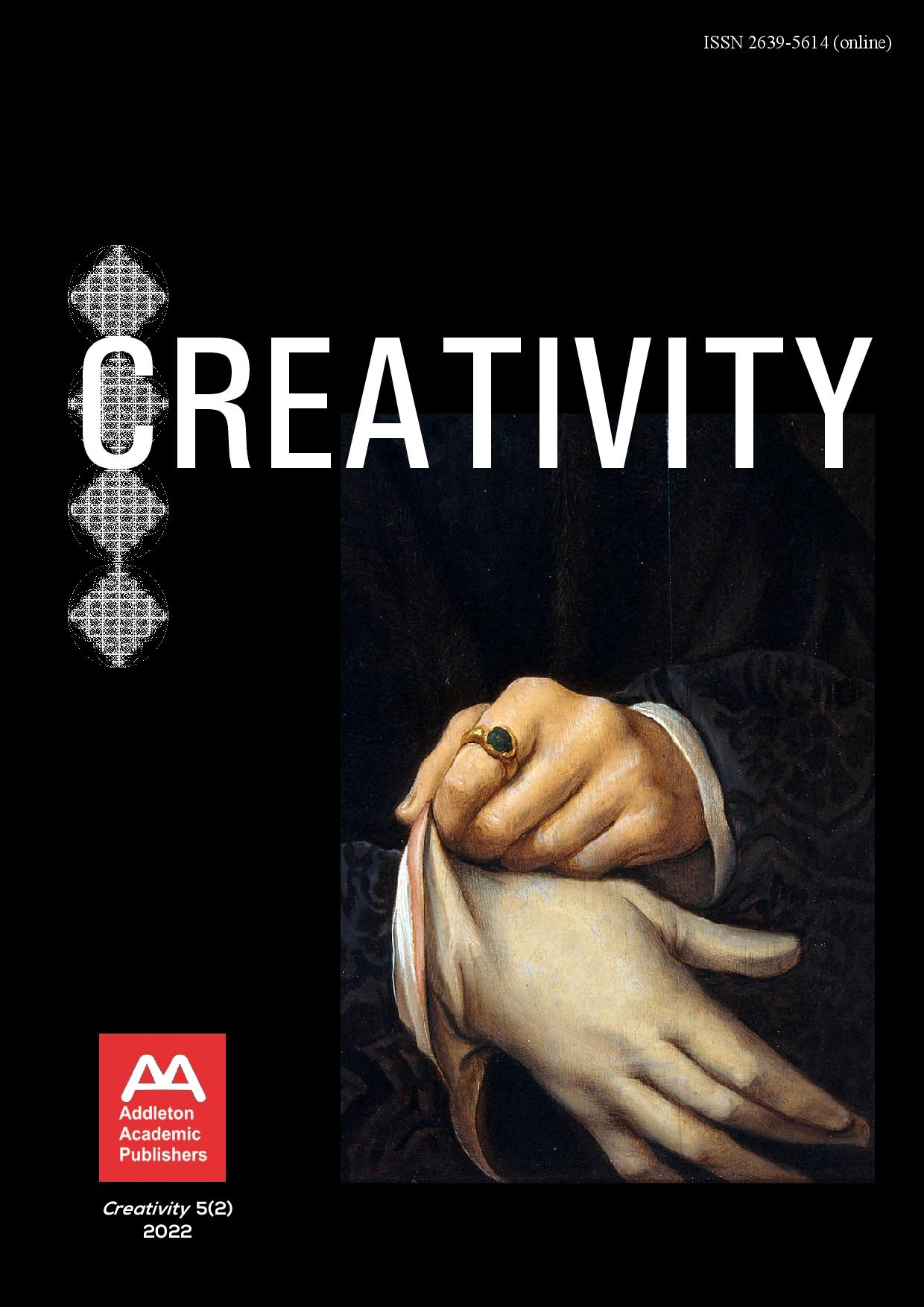Worlds apart: the dialogic imagination of Owen Barfield
Worlds apart: the dialogic imagination of Owen Barfield
Author(s): Elmar SchenkelSubject(s): Studies of Literature, Contemporary Philosophy, Philosophy of Language
Published by: Addleton Academic Publishers
Keywords: dialogue; imagination; evolution; neurology; metaphor; Western/Eastern spirituality;
Summary/Abstract: On the surface it seems that it is not easy to convey Owen Barfield’s ideas about language, participation and history to a larger public, all the more so as his speculations about a final participation may well be another version of master narratives or ideologies denounced by postmodern thinkers. Yet the need for meaning persists and people desperately search for the larger picture into which their lives might fit. In this paper, I wish to show that central components of Barfield’s thought are to be found in the textual forms he employs. They emphasize his thought as a process whose foundation is dialogical. Barfield’s works as a whole is a series of dialogues with the real world, i.e. not merely with academics or anthroposophists or other insiders. If there are teleological elements in his thought, it is through dialogue that they are negotiated, questioned or challenged. This makes Barfield a truly contemporary thinker. In the second part of my essay, I would like to point out two areas in which Barfield’s thought may become fruitful as dialogue: evolutionary neurology and the intercultural problems we are facing now. For Barfield, dialogue means engaging both on an interdisciplinary and intercultural level.
Journal: Creativity
- Issue Year: 5/2022
- Issue No: 2
- Page Range: 77-95
- Page Count: 19
- Language: English
- Content File-PDF

